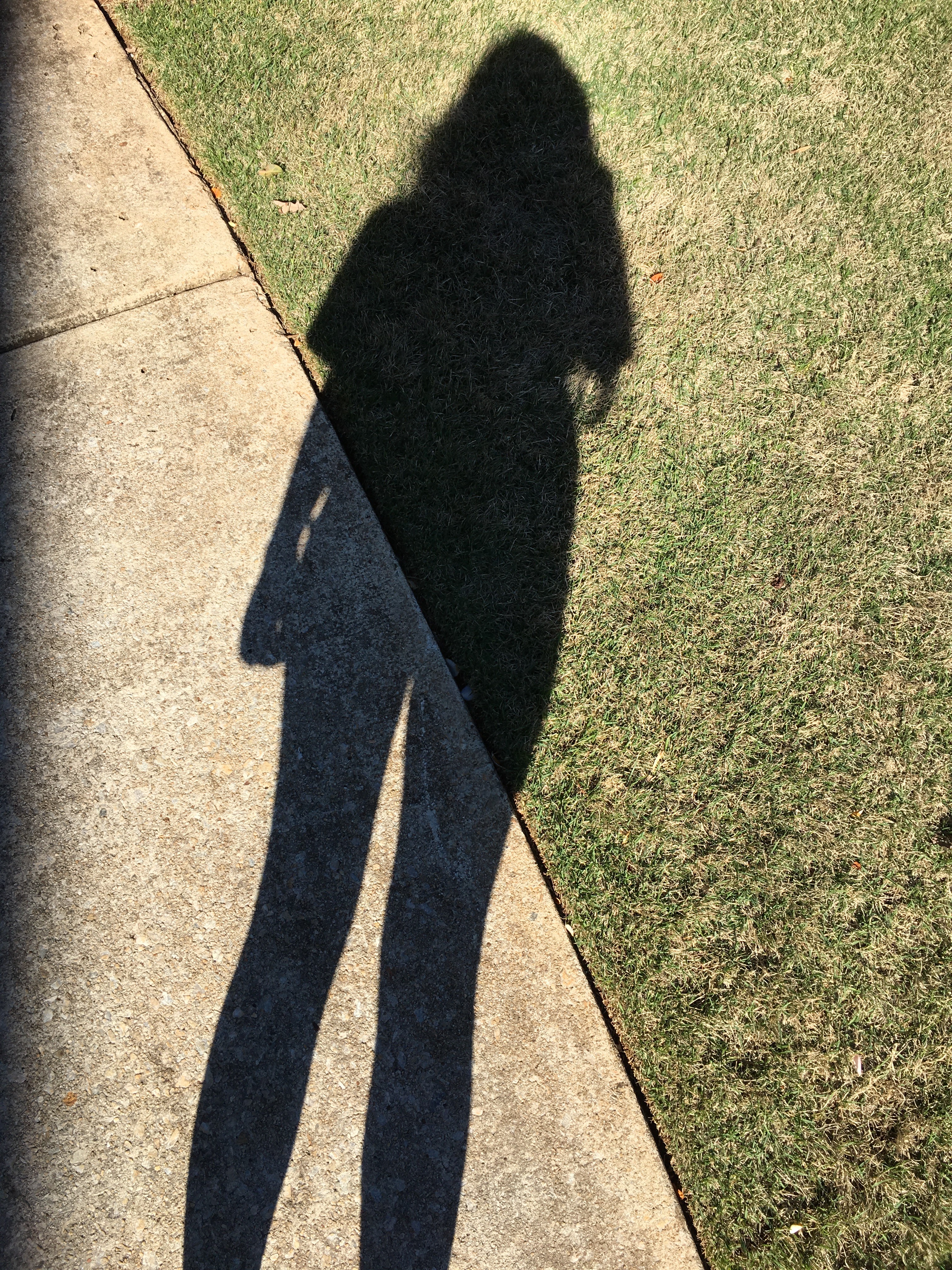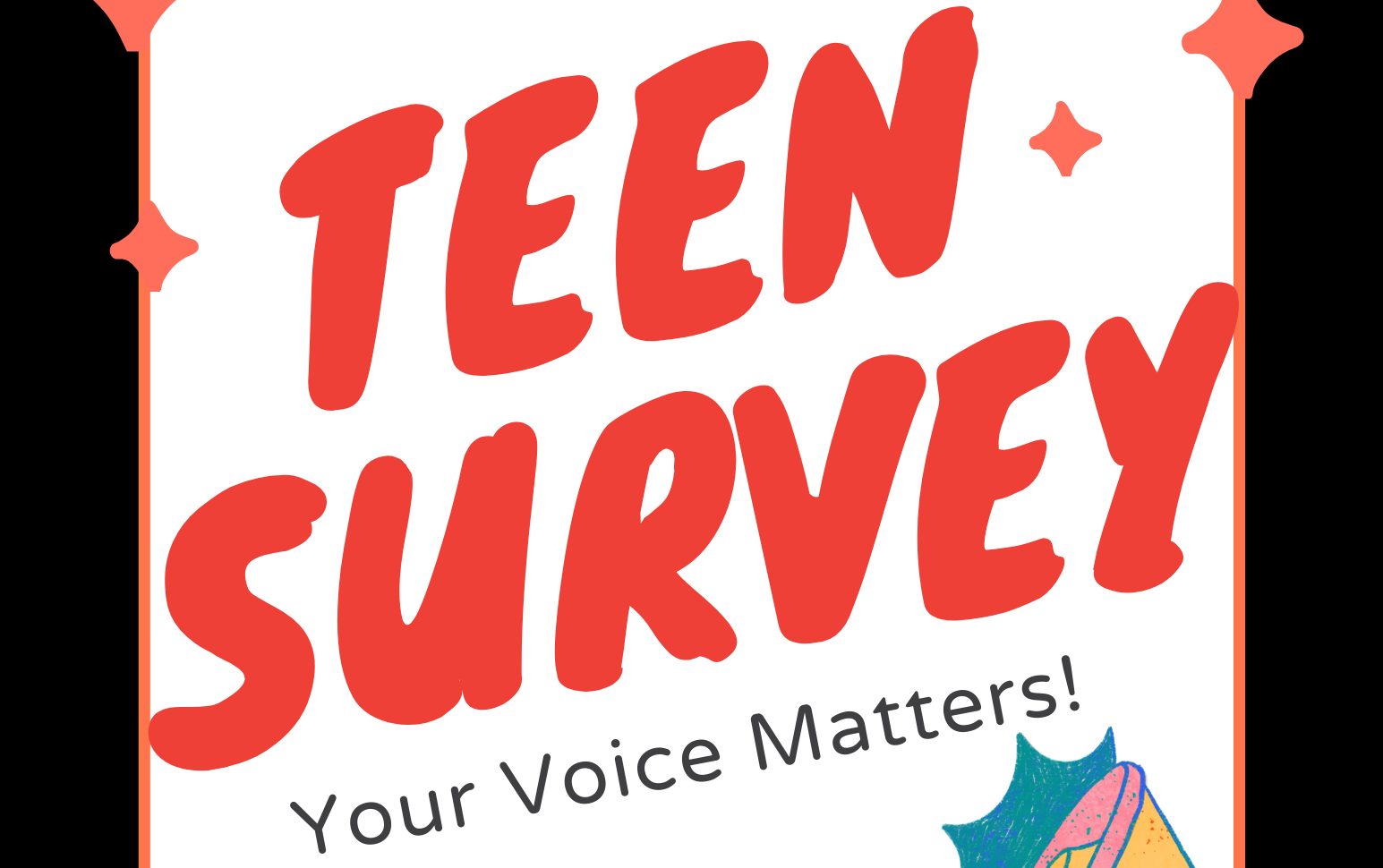With the election of Donald Trump, political divide is at a seemingly all-time high, causing an uprise in social and racial tensions. With the Trump administration’s revised travel ban that was scheduled to go into effect on March 16 now on hold (it bans foreign nationals from six Muslim-majority countries from entering the U.S. for 90 days and bans all refugees for 120 days but judges in Hawaii and Maryland have ruled against it) heightening this separation, I decided to investigate what it feels like to be Muslim in the heap of this great American divide. Meet Sumayyah*, a 16-year-old Muslim girl living in Cobb County and her experience of what it feels like to be a Muslim in America right now.
Q: How does not wearing a hijab affect you? Why don’t you wear a hijab?
A: I actually wore hijab when I was younger but had a scarring experience that scared me from wearing it again. When I was younger, I was not necessarily wearing the scarf for spiritual reasons — it was more because I saw my mom doing it, and I wanted to do everything she did. One day, I was in a grocery store parking lot walking to the car with my friends who also wore head scarves, when a man came up to us and yelled “terrorist” and told us to go back to our country. Experiencing that at the age of 8 was unbelievably terrifying, and it made me fear wearing a scarf in public. Now, I am slowly growing closer to putting the scarf on again, and this time permanently, regardless of what anyone says. Ultimately, this is a spiritual choice and decision made by myself for myself and relationship with God.
Q: How did you feel when President Trump was elected?
A: I was in shock. I could not believe that so many people in America agreed with his hateful and bigoted views. When Trump was elected and even before then, I read and heard about an increase in hate crimes and again I was called a terrorist and told to go back to my country many times. Additionally, I was scared for my family and friends because I knew that hatred toward Muslims was only going to increase. I was still somewhat comforted by the fact that I myself am an American citizen. I was born and raised in Atlanta. However, it’s become quite clear to me that despite being born and raised in the United States, my religion and or my heritage will make people believe that I have no place in this country.
Q: Did you see the Trump travel ban executive order coming?
A: No. Many of Trump’s policy proposals during the campaign, and even after the election, were either unconstitutional or so unfathomably immoral that I didn’t expect he would really execute them. I was always assured by others — and believed myself — that the Muslim ban was too unconstitutional and there was no way it would come into play. I definitely did not think he would bring the Muslim ban to fruition via an executive order at the start of his presidency. Even more so, I never imagined it would have such a harsh impact on American citizens and permanent residents as well, but it has. Even though it is being backtracked, this will continue to affect American citizens, permanent residents, refugees, and travelers. Even beyond the seven nations [in the original executive order] specifically listed in the ban, the general profiling of Muslim travelers has been and will continue to spike, so much so that even when flying domestically, we are worried about how we will be treated or if we will be able to board our flights.
Q: Have you ever experienced prejudice due to your religion?
A: Yes. I have always been proud to be a Muslim and I still am despite the negative perceptions people may have of me and my faith, but that has come with many instances of prejudice, stereotyping and hate toward me or my family. I had to get used to being stared at, as if I was out of place. I had to get used to the countless times of being called a terrorist or being told to go back to my country. I had to get used to the fact that being Muslim in this country meant many people will make unfair assumptions about me, my closest friends and family members, and my community. So yes, I have experienced prejudice due to my religion, but honestly it’s started to become normalized at this point -— something I’ve come to expect.
Q: How does it feel to be a Muslim in America right now?
A: I am scared for my family, my friends and myself. It’s pretty unpredictable and terrifying, because now people are wondering what the limits are. Trump becoming president has also given many people the impression that they can be freely and openly racist and Islamophobic. We already see so many people being harassed and attacked, including shootings and burnings of mosques. Trump’s muslim ban is even affecting people in other countries, such as the Quebec terrorist attack [on a mosque] in Canada.
Despite all the racism and Islamophobia, Muslim Americans have seen such an outpouring of love from many fellow Americans who do not believe the false and negative portrayals of our faith. As much hate that the Muslim ban has brought in America, it has brought far more love and unity among people who have uplifted my spirits.
Q: Do you have any family or friends directly affected by the travel ban?
A: Thankfully, my family has not been personally affected by the ban. But there are a lot of members of our community who have been affected, and even some of my own friends whose families are from the countries listed in the ban. For example, a friend of mine is Syrian. She is is now facing the reality that not only can her Syrian family members no longer come to visit her, but the people from her family [who] were planning to come to the U.S. to escape the war in Syria can not anymore. These are real people worried about the safety and survival of their families, so it’s really heartbreaking to see how carelessly Trump and his administration are in executing* these bans.
Q: How does the proposed travel ban affect your decisions (i.e. places you go, college etc.)?
A: I have always planned on going to a college in the U.S., but a lot of people have suggested looking at schools in Canada or other countries because of the current political climate in the U.S. I am considering the proposal because America just doesn’t feel as safe to me anymore. It’s not so much a question of if I want to, but the fear of what I may have to do for my future. It’s pretty unimaginable feeling unwelcome in the country that I was born in and has been my home for nearly 17 years now.
On an even smaller scale, knowing that hatred toward Muslims has risen and that Trump’s actions have emboldened bigots around the country, I do hesitate when I leave the house every day, especially if I am out on my own. I feel like I have to stay on high alert always because being Muslim in this country has made me the target of a lot of hateful people. While I hope efforts to push back against Trump’s very problematic policies will improve the current situation, right now everything is extremely unpredictable. And that is a very scary reality to be living in as a Muslim-American woman of color.




